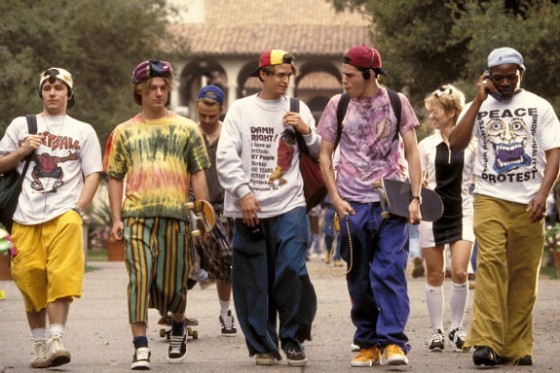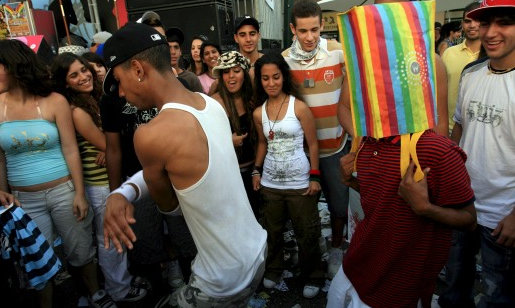TRANSGANG: the role as a mediator in conflicts between street youth gangs on three continents
TRANSGANG: the role as a mediator in conflicts between street youth gangs on three continents
The project will be carried out thanks to an Advanced Grant by the European Research Council, led by Carles Feixa, full professor of Social Anthropology at the Department of Communication. The aim of the project is to develop a transnational, intergenerational, intergeneric and transmedia approach renewed for the gangs of the 21st century, and to draw up a white paper on good practices for public policies.
The TRANSGANG project (Transnational Gangs as Agents of Mediation: Experiences of Conflict Resolution in Street Youth Organizations in Southern Europe, North Africa and the Americas), directed by Carles Feixa, full professor of Social Anthropology with the Department of Communication at UPF, is financed within the framework of the European Research Council’s Advanced grants, and has a budget of 2.2 million euros over the next five years.

The aim of TRANSGANG is to “develop a renewed model for the analysis of transnational youth gangs in the global age”, explains Feixa. The project will begin with a systematic review of the literature on youth gangs, which will attempt to overcome the North American centrism that dominates contemporary criminology. “Instead of focusing on cases of failure and social exclusion (that is to say, on war and conflict), it aims to study successful cases of youth gangs and social inclusion (that is to say, in peace and mediation)” Feixa points out.
The main stage of the research will focus on a multi-situated ethnography that will explore the experiences in which youth gangs have acted as mediators, as well as the barriers that have prevented these attempts. The project will compare two transnational communities of street youth organizations-Latinos and Arabs– both in their countries of origin as well as in their new European neighbourhoods.
To begin with, three case studies of “good practices” in Barcelona, Medellín and Casablanca, which will be studied in depth, will be compared with other cases in which other types of policies have been established: Madrid, Marseilles and Milan in southern Europe; Oran, Tunisia and Cairo in North Africa; Chicago, Santiago de Cuba, and San Salvador in the Americas. The practical aim is “to deduce more effective forms of intervention to prevent the hegemony of the model of criminal gang that appears as dominant in the neo-liberal era”, the principal investigator of the project underlines.
 Based on the collection and analysis of ethnographic data by local and Catalan researchers at each of these places, an experimental approach will implemented based on the “extended case method”, which will enable the transnational and meta-ethnographic analysis of the phenomenon. In addition, Carles Feixa highlights the involvement of young gang members from the start of the project to design and develop the Gangpedia website as a tool for researchers and young people to understand the world of street gangs and through the making of a documentary that will relate the experience of members or former members of gangs who have participated in mediation experiences.
Based on the collection and analysis of ethnographic data by local and Catalan researchers at each of these places, an experimental approach will implemented based on the “extended case method”, which will enable the transnational and meta-ethnographic analysis of the phenomenon. In addition, Carles Feixa highlights the involvement of young gang members from the start of the project to design and develop the Gangpedia website as a tool for researchers and young people to understand the world of street gangs and through the making of a documentary that will relate the experience of members or former members of gangs who have participated in mediation experiences.
The ultimate goal of the project is to develop a transnational, intergenerational, intergeneric and transmedia approach, renewed for the gangs of the 21st century, different from the local, coeval, male, face-to-face model used to understand gangs in the 20th century, and to develop a white paper on best practices for public policies.
Reference project:
TRANSGANG: Transnational Gangs as Agents of Mediation: Experiences of Conflict Resolution in Street Youth Organizations in Southern Europe, North Africa and the Americas, European Research Council - Advanced Grant [H2020-ERC-AdG-742705]), led by Carlos Feixa, full professor of Social Anthropology with the Department of Communication at UPF.
